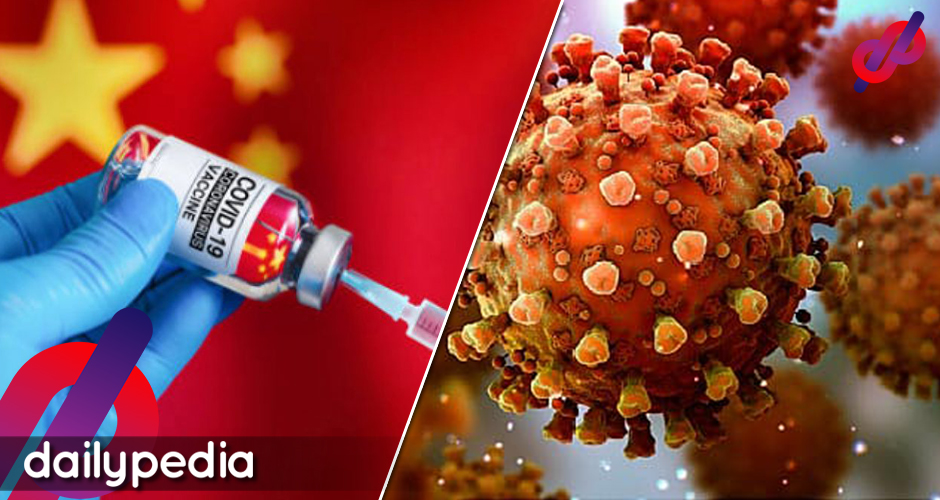Chinese vaccines aren’t as effective at protecting people from the coronavirus compared to those made in the West.

Taking shots from vaccines by Sinovac and Sinopharm can prevent death and severe symptoms in people who are fully inoculated by at least 70 percent, but Germany’s BioNTech, the U.S.’s Moderna, and the U.K.’s AstraZeneca are still the ideal brands, according to new studies.
More countries are relying less on Chinese vaccines. Abu Dhabi, for example, requires its people to get a jab of Sinopharm and get a third booster of the same brand. On the other hand, Malaysia seeks to finish all Sinovac amid questions about the vaccine’s efficacy.
However, a study in China with over 10,000 respondents found that its vaccines were 100% effective in preventing extreme cases and even deaths.
“You have to take the results with a grain of salt because it is based on a very small sample size,” says Yanzhong Huang, a senior fellow for global health at the Council on Foreign Relations. “They might have overestimated the efficacy rate of the Chinese vaccines.”
Meanwhile, a Bahrain study found that the Sinopharm vaccine compared to Sputnik V, BioNTech, and AstraZeneca was more likely to place recipients at higher risk of breakthrough infections, hospitalizations, and deaths.
“While the various vaccines have differing efficacy, all of the WHO-approved vaccines provide some degree of protection from severe disease,” said Ashley St. John, an associate professor of immunology at Duke-NUS Medical School in Singapore.
Similarly, a Brazilian preprint study determined that the AstraZeneca vaccine reduces the risk of infection by 70 percent and death by 90 percent, while Sinovac only by 54 percent and 74 percent, respectively.
“Where available, the elderly should be prioritized for vaccines that protect better in this demographic group,” said St. John. “Boosting the vaccine, potentially with another type of vaccine, could help,” she added.
Even with the inferior efficacy rate, Sinovac’s product is still the most used worldwide, as reported by Airfinity.
“Vaccinating the unvaccinated in the U.S. and worldwide would likely have a greater benefit [than using booster shots in wealthy countries] on reducing transmission, reducing the emergence of new variants, and alleviating the burden on health care systems,” said St. John.
Both Chinese vaccines are making a significant impact in protecting the disease despite the relatively low efficacy rate.


